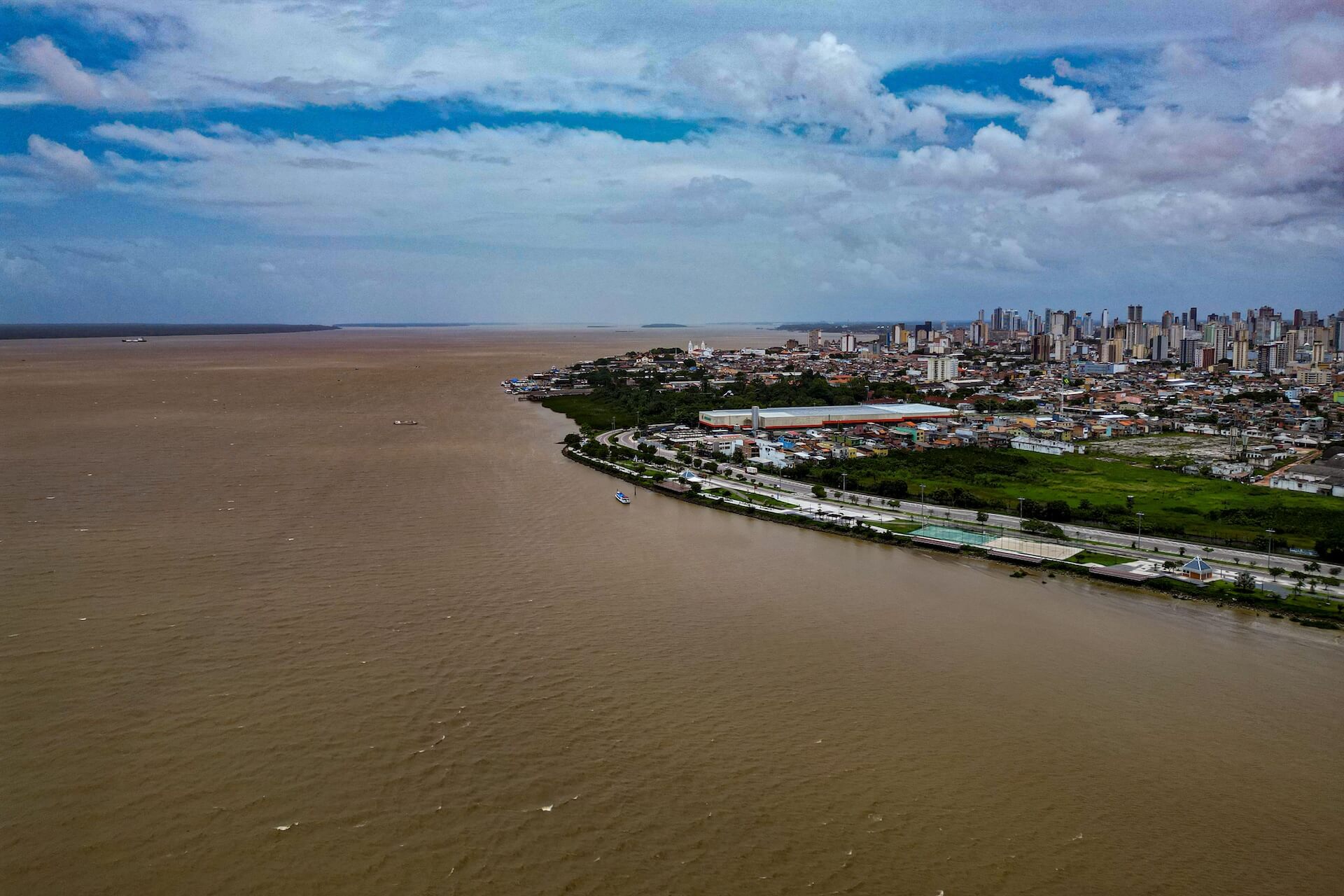Troika Presidencies reaffirm commitment to global climate action and unveil Belem roadmap
Troika Presidencies (COP28, COP29, and COP30) have released a joint statement reaffirming their commitment to the Paris Agreement and the goal of limiting global warming to 1.5°C. The document emphasizes the urgent need to scale up climate ambition, ensure a balanced energy transition, secure financing, and foster international cooperation. COP30 in Belém will be critical to accelerating action and ensuring a sustainable future.

COP28, COP29 and COP30 Presidencies released a joint declaration reaffirming their commitment to ensuring the implementation of the Paris Agreement and maintaining the goal of limiting global warming to 1.5°C. The document, titled “Roadmap to Mission 1.5”, highlights the importance of multilateral collaboration and increasing climate ambition over the next decade, focusing on the Nationally Determined Contributions (NDCs) that will be submitted for the year by the countries that are part of the United Nations Framework Convention on Climate Change (UNFCCC).
The Presidential Troika, comprising the United Arab Emirates (COP28), Azerbaijan (COP29), and Brasil (COP30), was established at the 2024 World Leaders' Summit. It aims to guide global efforts to achieve climate resilience by 2030, building on the UAE Consensus, a landmark outcome of COP28. The joint declaration stresses the urgent need for decisive action to address the climate crisis and highlights the importance of a just energy transition, the scaling up climate finance, and international cooperation.
Leadership on NDCs and inspiring action
The Troika underlined the importance of NDCs as key tools for aligning global efforts with the goals of the Paris Agreement. The presidencies emphasized the need to reduce global greenhouse gas emissions by 43% by 2030 and 60% by 2035 while promoting sustainable development pathways. The document also recognizes the key role of governments, the private sector, and civil society in transforming energy systems, tripling renewable energy capacity, and reversing deforestation.
Baku Climate Agreement
COP29, held in Azerbaijan, marked a significant step forward with the adoption of the Baku Climate Unity Pact (BACU Pact). Among the main results were the establishment of a new collective quantified climate finance target (NCQG), the launch of the “Baku to Belém Roadmap to 1.5°C”, and the operationalization of the Loss and Damage Fund. In addition, the rules for carbon markets under Article 6 of the Paris Agreement were finalized, a crucial step toward the implementation of market mechanisms.
Towards Belém: Multilateralism and global mobilization
COP30, scheduled to be held in November in Belém, Brasil, represents a decisive milestone. It will mark the tenth anniversary of the Paris Agreement and the halfway point of the “critical decade” for changing course in the fight against climate change. The World Meteorological Organization (WMO) has warned that in 2024 the average global temperature will temporarily exceed the 1.5°C limit, reinforcing the urgency of ambitious and coordinated action.
The Troika Presidencies urge all countries, sectors, and international organizations to expand and accelerate their efforts to meet the commitments made at previous COPs. COP30 will be a vital opportunity to demonstrate that international cooperation can yield tangible results and guarantee a habitable planet for future generations.
Commitment to inclusion and collaboration
Troika reaffirms its commitment to an inclusive and collaborative approach, inviting all parties and partners to contribute with expertise, resources, and innovation. “Together, we can shape the future we want,” the Presidencies highlight in the document.
The joint declaration concludes with an appeal for global unity: “COP30 in Belém offers a crucial opportunity to build on the progress achieved at COP28 in Dubai and COP29 in Baku, further accelerating the implementation of ambitious climate action that benefits all, leaving no one behind.”
English Version: Translation by Bárbara Menezes
Review and editing: Enrique Villamil.
